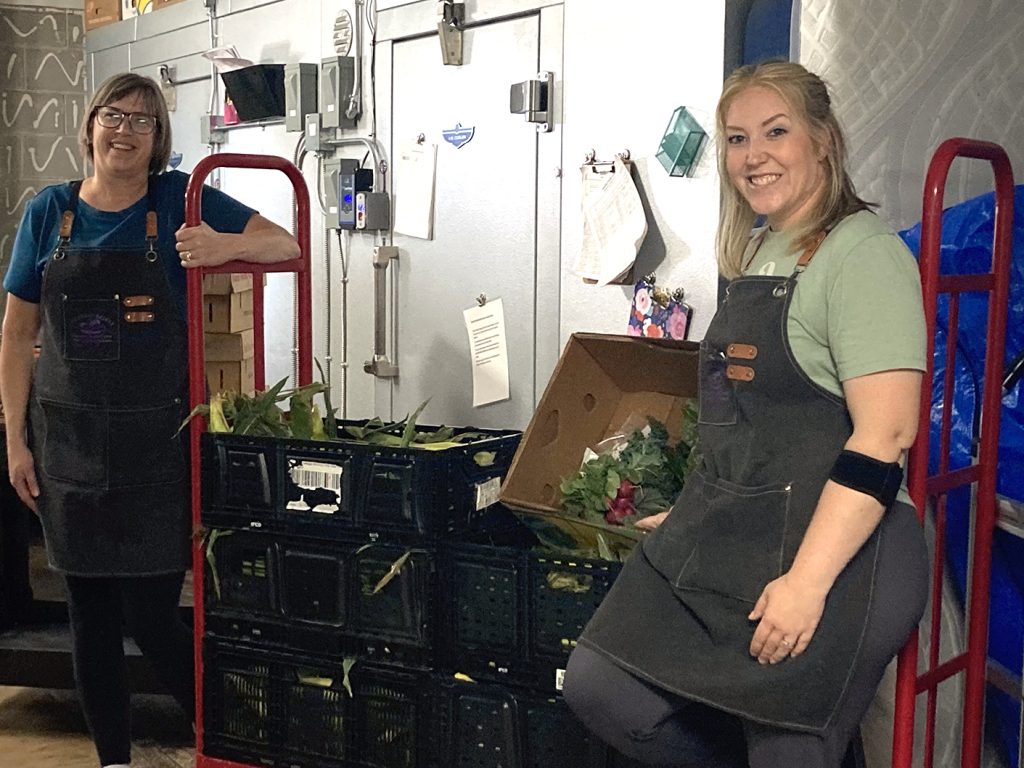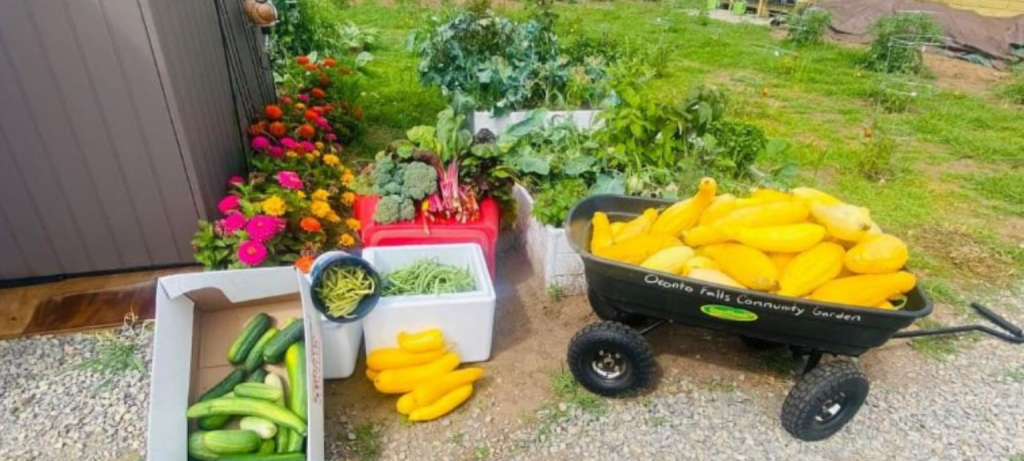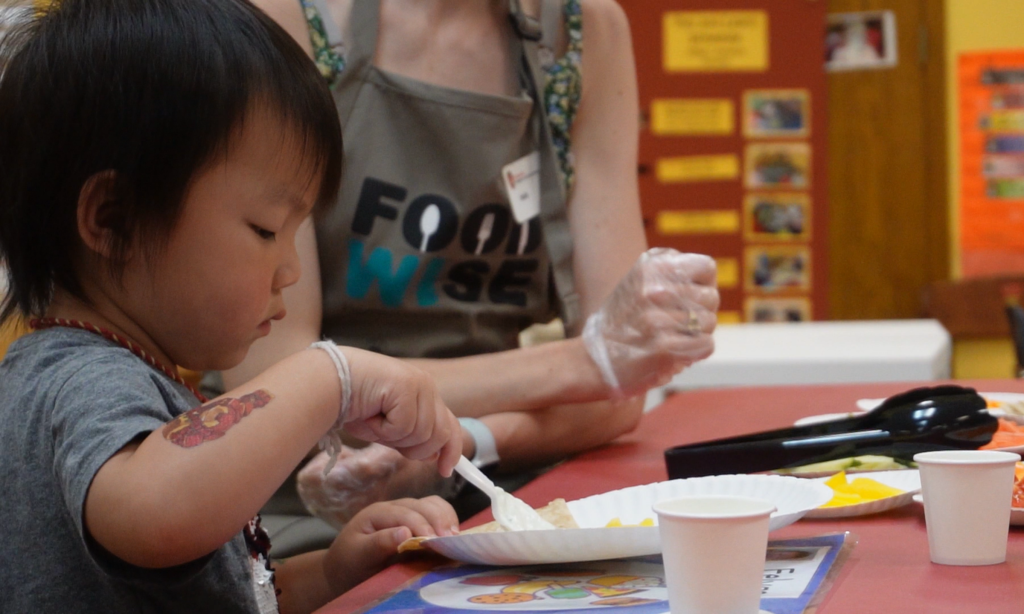FoodWIse

FoodWIse
Promoting healthy habits for families with low-income.
Table of Contents
Share
Important Update
The congressional budget reconciliation bill signed into law on July 4, 2025 ends federal SNAP-Ed funding effective September 30, 2025.
For more than 30 years, UW–Madison Extension has provided local nutrition education across Wisconsin through the federal SNAP-Ed grant program. Working with schools, food pantries, farmers markets, and community centers, FoodWIse has taught practical, evidence-based skills in meal planning, food safety, and food resource management, helping people stretch food dollars and make healthier choices.
Extension is currently navigating the difficult process of winding down SNAP-Ed-funded programming. FoodWIse programming will continue through September 30, 2025, with staff winding down between October 1st and December 1st, 2025.
We know you may have questions. Below are answers to some of the most common ones.
Frequently Asked Questions
What is SNAP-Ed?
SNAP-Ed (Supplemental Nutrition Assistance Program-Education) complements SNAP, the nation’s largest anti-hunger program, by helping people eligible for FoodShare (SNAP in Wisconsin) make healthier food choices, be more active, and stretch their food dollars. Using proven, evidence-based approaches, SNAP-Ed increases knowledge around healthy living and expands opportunities to access healthy foods and physical activity. FoodWIse is one of six implementing agencies and grantees of SNAP-Ed in Wisconsin.
Has the SNAP-Ed program officially ended in Wisconsin?
Federal SNAP-Ed funding ends September 30, 2025. Limited programming will continue through December as staff transition out of their roles. Extension will not run SNAP-Ed-funded activities beyond that time.
Why is SNAP-Ed ending?
SNAP-Ed funding was eliminated by the federal FY2025 reconciliation law (Public Law 119-21).
What does this mean for FoodWIse?
FoodWIse has been funded primarily through SNAP-Ed (USDA Supplemental Nutrition Assistance Program Education) and EFNEP (the Expanded Food and Nutrition Education Program). Losing SNAP-Ed funding significantly reduces program capacity for delivering nutrition education, as SNAP-Ed accounts for approximately 90% of the overall FoodWIse budget. Extension will continue EFNEP programming in Dane, Kenosha, Milwaukee, Racine, Rock, and Waukesha counties, which have been identified as EFNEP priority areas in partnership with the National Institute of Agriculture (NIFA), and is exploring other funding options to sustain parts of this work. You can learn more about our EFNEP programming here.
What specific services/programs are going away?
Many SNAP-Ed-supported activities – classes and workshops in schools, senior centers, farmers markets, food pantries, and site-based community education – will be reduced or stopped when SNAP-Ed funding ends. Extension will keep curricula where possible, but with fewer staff and no SNAP-Ed funds for travel, materials, or site support. Local availability will vary by county.
Will Extension still offer nutrition education?
Yes. The Health & Well-Being Institute continues to prioritize nutrition education as part of our health and well-being program portfolio. We are exploring alternative funding sources and partnerships to maintain some nutrition education programming capacity, building on our existing infrastructure and expertise, and remaining EFNEP resources. We are currently restructuring the way this work is organized and delivered. EFNEP programming will continue in Dane, Kenosha, Milwaukee, Racine, Rock, and Waukesha counties. You can learn more about EFNEP here. The Health & Well-Being Institute will also continue to provide health education, including StrongBodies. You can explore the variety of Extension health and well-being programming here.
Can external organizations help Extension fill the gap?
Yes. We welcome opportunities to co-develop new community nutrition programs, apply for joint funding, or collaborate with local organizations to provide services. If interested, please contact Kathryn Boryc Smock, FoodWIse State Program Manager and Health & Well-Being Institute Associate Director, to start the conversation.
Is Extension leaving my county?
No. Extension remains committed to serving all Wisconsin communities. While SNAP-Ed programming is ending, Extension will continue to bring university resources to residents across the state. Some short-term coverage gaps may occur, but our broader mission to provide health and nutrition education to everyone in the state of Wisconsin continues.
Who can I talk to about concerns or next steps?
Partner organizations or media can reach out to Kathryn Boryc Smock, FoodWIse State Program Manager and Health & Well-Being Institute Associate Director.
FoodWIse has always been about more than just nutrition education. It’s about empowering communities to thrive. SNAP-Ed has helped make Wisconsin healthier, and we are proud of the work we’ve done and the lives we’ve impacted. Thank you for supporting our staff, our programs, and our mission.
Success & Impact
Gleaning with Purpose: FoodWIse Builds Bridges Between Farmers and Families in Need
Thanks to a new gleaning program, food pantry guests in Watertown are taking home locally grown, fresh produce on Tuesdays. Gleaning is collecting excess fresh foods from farms, gardens, grocers, or any other sources to provide it to those in need.
FoodWIse: Growing valuable community resources in Oconto Falls
Access to healthy food is challenging in rural areas, and many Wisconsin families struggle to afford healthy food on a limited budget. As food prices increase, more families are turning to emergency food providers, like food pantries, to help put food on the table.
FoodWIse: Educating Families, Strengthening Communities
Many Wisconsin families struggle to make healthy choices on a limited budget. FoodWIse, University of Wisconsin-Madison Extension’s nutrition education program funded by SNAP-Ed, helps tens of thousands of our state’s residents every year to stretch limited food dollars, address chronic disease, and start healthy living at an early age.
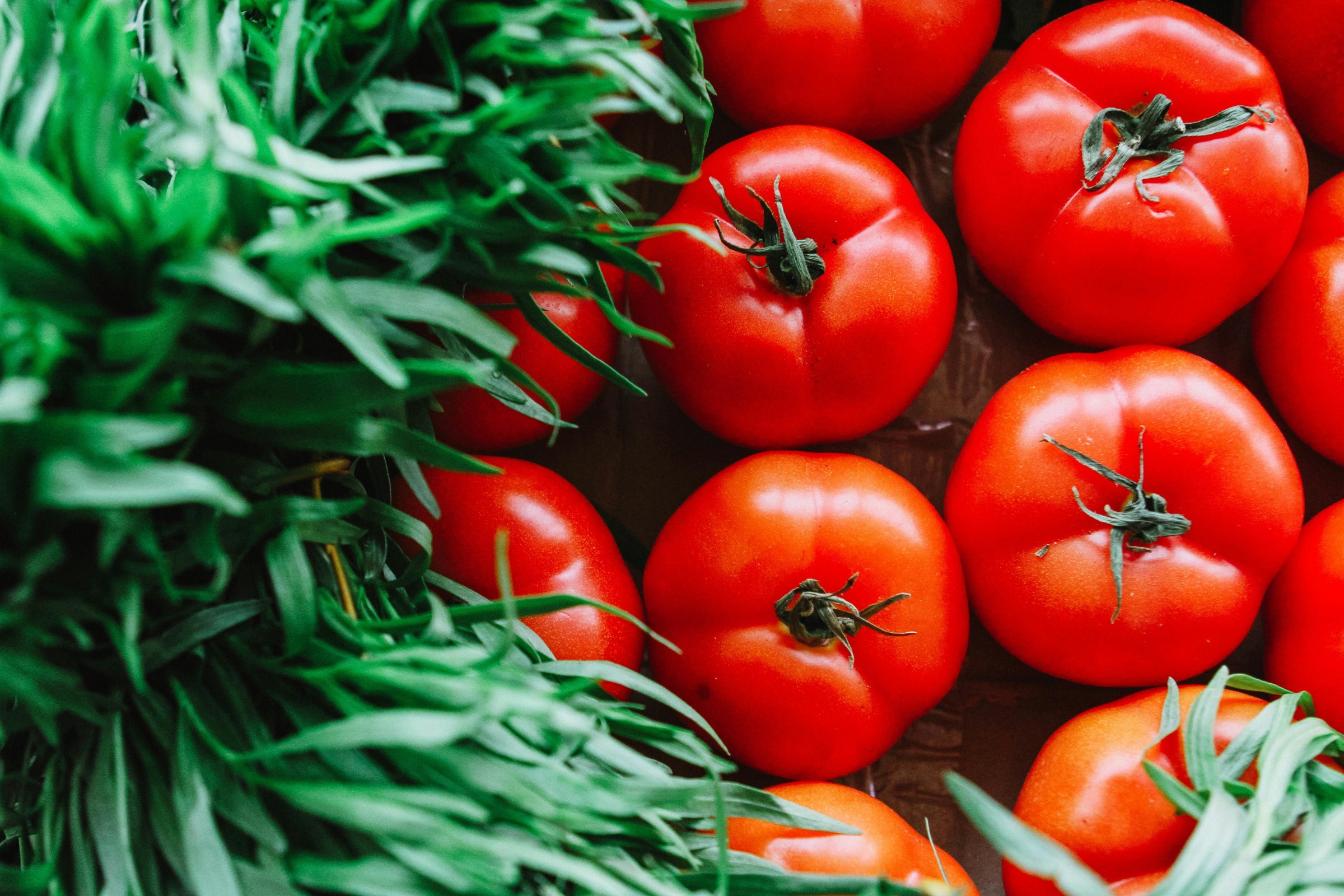
Program Participant
Weyauwega
The FoodWIse family cooking classes we attended inspired us to let our kids help more in the kitchen and we are all eating at the table together. Bonding with the kids made them happy.

FoodWIse Nutrition Educator
Milwaukee
I served each participant a slice of green and yellow bell pepper. I asked everyone how the first few bites tasted. One participant said it was the first time she ever tried raw produce. She commented that she liked it. She mentioned that growing up, she and her family always ‘ate with their eyes’. They thought that if it didn’t look good, it wouldn’t taste good.

Program Participant
Polk County
This class was about so much more than I thought! Not only did I learn about eating good food and how to prepare it, I learned about mindfulness around food, new preparation techniques in the kitchen, meal planning – and met an amazing array of recovering women!
Quick Links
Get Involved
The Expanded Food and Nutrition Education Program (EFNEP) provides evidence-based nutrition education to Wisconsin residents. By partnering with schools, childcare centers, and community organizations, EFNEP helps make healthy choices easier for individuals and families with low incomes. The program supports positive changes in diet quality, physical activity, food resource management, food safety, and overall nutrition security at both the individual and community level.
Partner organizations or media can reach out to Kathryn Boryc Smock, FoodWIse State Program Manager and Health & Well-Being Institute Associate Director.
Contact Us
If you have any questions regarding this program in Wisconsin, please contact us through the info below:
USDA Nondiscrimination Statement
usda.gov/non-discrimination-statement
This work is supported by the Expanded Food and Nutrition Education Program, project award no.NI24EFNEPXXXG033, from the U.S. Department of Agriculture’s National Institute of Food and Agriculture.

Source: FoodWIse Impact Report
Other Programs You May Like
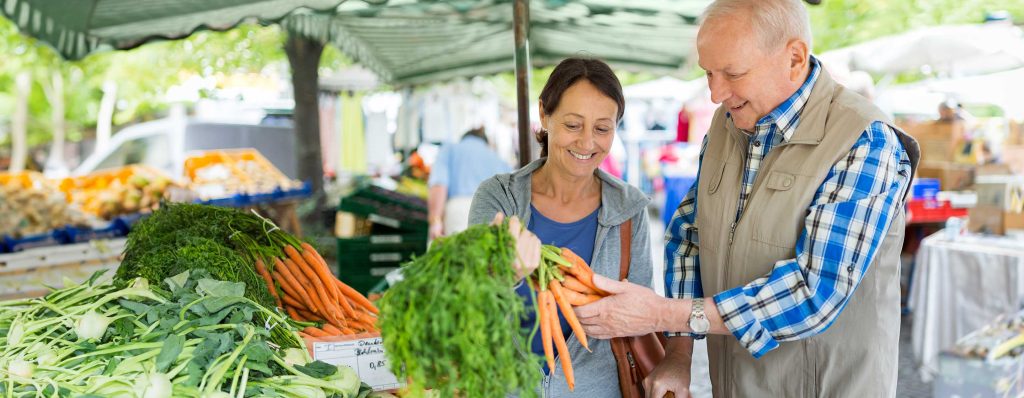
FoodShare at Farmers’ Markets
Using SNAP/FoodShare helps Wisconsinites access fresh, local food and helps Farmers Market Managers make healthy options accessible to more customers.

Safe and Healthy Food Pantries
Providing food pantries with guidance on how to improve nutritional quality and safety for a safer, healthier Wisconsin.
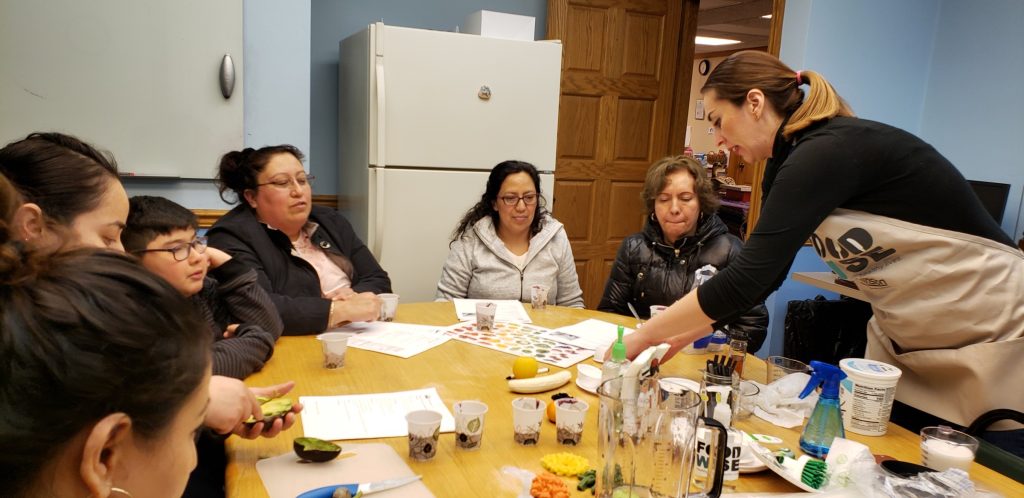
Nutrition Education Program
The Expanded Food and Nutrition Education Program (EFNEP) promotes healthy habits to Wisconsin residents with limited incomes.

